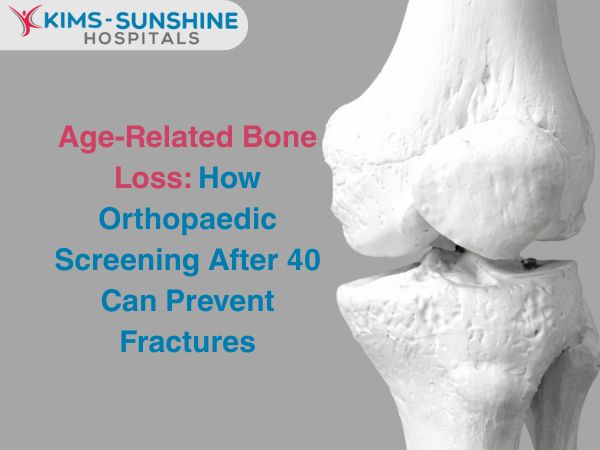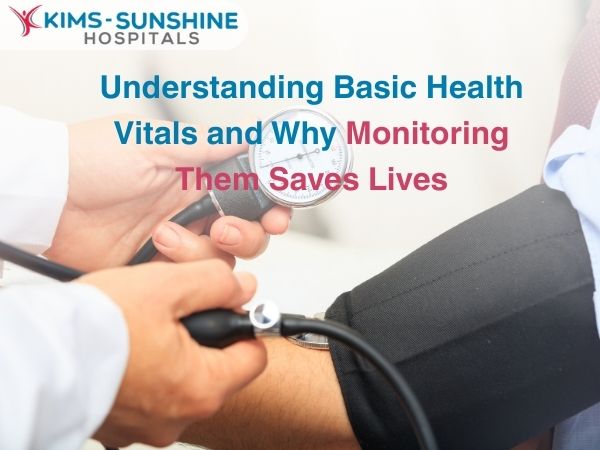
Why You’re Gaining Weight Even With Small Meals
 Weight loss is a hard process to go through and needs to be tackled in different ways. One component of sustained weight loss is portion control, according to the gurus and research anyway, but it may not work well for everyone. Some people may try to achieve strict caloric control by counting the amount of macros and micros, carbohydrate and protein portions they eat while others think that eating small portions is enough by itself. Both approaches are pretty flawed- because in number 1- you may not get all the nutrients you need because you are so obsessed with the number of calories you consume, while with the next one- the quality of food may be poor. Weight loss is dependent on a number of factors. So, let us try to understand them all and how portion control alone will not help in the long run.
Weight loss is a hard process to go through and needs to be tackled in different ways. One component of sustained weight loss is portion control, according to the gurus and research anyway, but it may not work well for everyone. Some people may try to achieve strict caloric control by counting the amount of macros and micros, carbohydrate and protein portions they eat while others think that eating small portions is enough by itself. Both approaches are pretty flawed- because in number 1- you may not get all the nutrients you need because you are so obsessed with the number of calories you consume, while with the next one- the quality of food may be poor. Weight loss is dependent on a number of factors. So, let us try to understand them all and how portion control alone will not help in the long run.
Reasons For Weight Gain Despite Eating Small Portions-
Not being able to lose weight has often been linked to being lazy, but this is not true at all. Commitment to getting exercise is one component for sure, but there are so many other factors at play- like hormone levels, sleep quality and amount, genetics mostly and making the wrong food choices, for starters. High glucose levels may also be due to medication related side effects. For others, their ghrelin and leptin hormones are not produced properly, nor is the brain able to recognise them and act on that information. Too much ghrelin means you will feel really hungry, while low levels of leptin can cause you to always feel hungry.
How Stress And Sleep Affect Weight Gain Despite Small Meals-
Stress can cause crucial hormones like adrenaline and cortisol to be high chronically, which can cause other health problems in the long term. This can impact sleep quality and quantity too and mess with ghrelin and leptin levels, which in turn can cause you to overeat, even when your body is not using a lot of energy. This can cause obesity too.
Medical Reasons For Unexplained Weight Gain With Portion Control-
Any reason that can render you immobile and cause you to not be able to move properly can cause weight gain. For women especially, hormones play a huge role in regulating a number of bodily processes and functions. Issues that women commonly face include PCOS (polycystic ovarian syndrome) or menopause related weight gain. Some people may gain weight if they are on antidepressant therapy. If your thyroid gland is not functioning normally (hypothyroidism), you will gain weight. Being on steroids, diabetes related medications and antipsychotics can also cause issues.
Conclusion
Weight gain can occur due to many different reasons and it is not solely dependent on good portion control. Weight management needs good food to be eaten, exercise to be done, good quality sleep in decent amounts and not living on junk food alone, because meal prep is time consuming or annoying. Some people may gain weight due to medications or other issues which influence hormone levels. Genetics can also cause a person to be at a higher risk of dealing with obesity.






